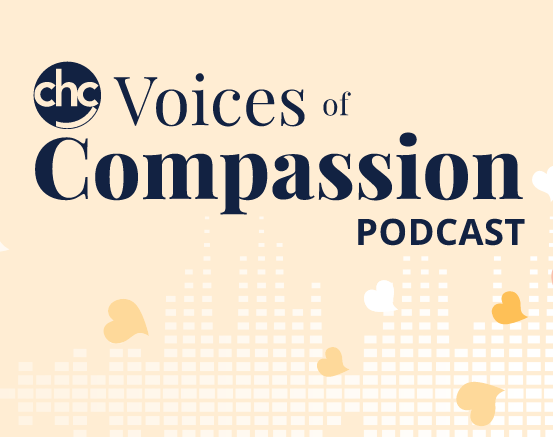In Search of New Ways to Mindfully Manage Distress? DBT Can Teach You How to Cope With Painful Emotions
 If you struggle to manage painful emotions or experiences like stress, anger, and rejection, dialectical behavior therapy (DBT) can help.
If you struggle to manage painful emotions or experiences like stress, anger, and rejection, dialectical behavior therapy (DBT) can help.
The word “dialectical” means embracing two seemingly opposite ideas. In DBT, that often means working on accepting yourself as you are while also having the motivation to change.
Psychologist Marsha Linehan developed DBT in the 1970s to treat people dealing with suicidal ideation. Experts largely consider DBT the gold standard for treating borderline personality disorder (BPD) — but the approach has also proved helpful for treating a wide range of other mental health conditions and symptoms.
Who can benefit
Studies have shown DBT may prove helpful for the following conditions and symptoms:
BPD
This personality disorder is characterized by:
- Sensitivity to rejection and abandonment
- An unstable self-image
- Difficulty regulating emotions
- Tumultuous relationships with others
A 2020 review found DBT to be more effective at reducing the severity of BPD symptoms and improving someone’s ability to engage in daily activities and socialization than other types of therapy.
Self-harm
If you use self-injury as a way to cope with overwhelming and painful emotions, DBT can teach you safer and more effective self-soothing strategies, says Danielle McGraw, a licensed clinical psychologist and owner of Flourish Mental Wellness.
Techniques like journaling about your feelings or distracting yourself by listening to music or going for a walk can help you get through a crisis without engaging in self-harm.
Thoughts of suicide
DBT considers suicide an effort to solve a problem — usually, intolerable emotional pain. By teaching behavioral skills for dealing with that pain, DBT can help reduce suicidal thoughts and urges.
Core DBT skills
DBT builds on CBT by incorporating elements of validation and mindfulness. But whereas CBT focuses primarily on changing negative thought patterns, DBT focuses on coping with and regulating extreme emotions to change your behavior and improve your relationships.
Another key component of DBT lies in coming to terms with the fact that two seemingly opposing ideas can be simultaneously true. For example, McGraw notes understanding that someone can be mad at you yet still continue to love you may help reduce distressing feelings during a relationship conflict.
DBT emphasizes replacing distress avoidance and other unhelpful behaviors — like isolation, impulsivity, self-harm, or acting out with anger — with a specific set of new skills. These skills include:
1. Mindfulness: Being present and fully aware of your thoughts and emotions without judging them
2. Emotion regulation: Identifying and affecting your own emotions in a positive way
3. Distress tolerance: Withstanding and developing resilience toward uncomfortable feelings
4. Interpersonal effectiveness: Asking for what you want and need and setting boundaries with others
What to expect
Therapy typically involves three main elements:
Individual psychotherapy sessions: In these weekly, hour-long sessions, you’ll work with your therapist on whatever symptoms you’re trying to manage, and your therapist will help you navigate specific challenges.
Group skills training sessions: In these weekly group therapy sessions, which last two to three hours, you’ll learn how to practice the new behavioral skills you’ve identified in individual therapy by talking through imaginary or real-life scenarios with others.
Additional phone coaching (as needed): Dr. Lauren Kerwin, a licensed psychologist in private practice, says your therapist may encourage you to call them when you have the urge to self-harm or feel particularly overwhelmed by your emotions, so they can guide you through using your DBT skills to cope.
Excerpted from “In Search of New Ways to Mindfully Manage Distress? DBT Can Teach You How to Cope With Painful Emotions” in Insider. Read the full article for more details, including how DBT may help with eating disorders, post-traumatic stress disorder (PTSD), anxiety, depression, and other conditions.
Source: Insider | In Search of New Ways to Mindfully Manage Distress? DBT Can Teach You How to Cope With Painful Emotions, https://www.insider.com/guides/health/mental-health/dialectical-behavior-therapy | Copyright © 2022 Insider Inc.
A screening can help you determine if you or someone you care about should contact a mental health professional. Call or email our Care Coordinators at 650.688.3625 or careteam@chconline.org to set up a free 30-minute consultation appointment.





